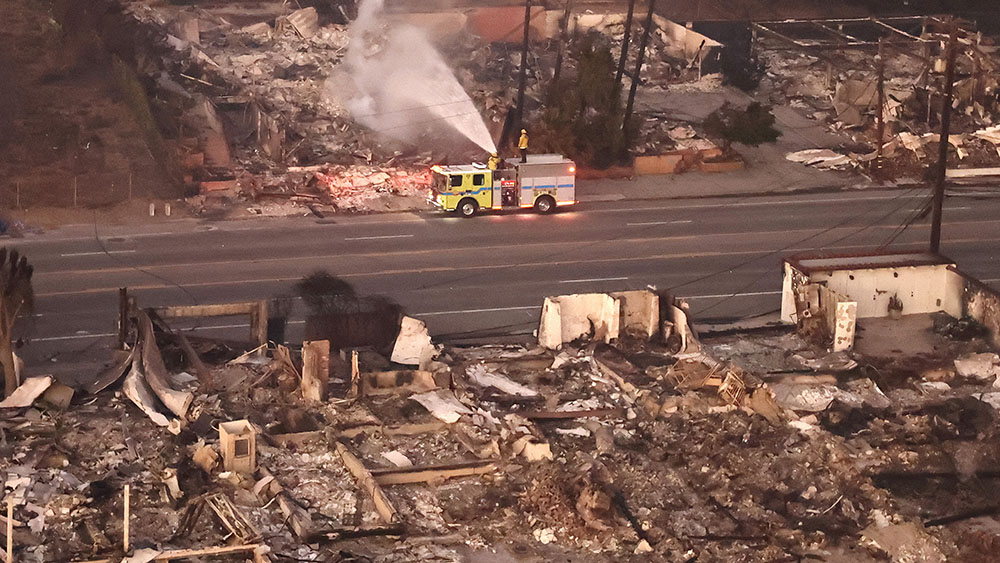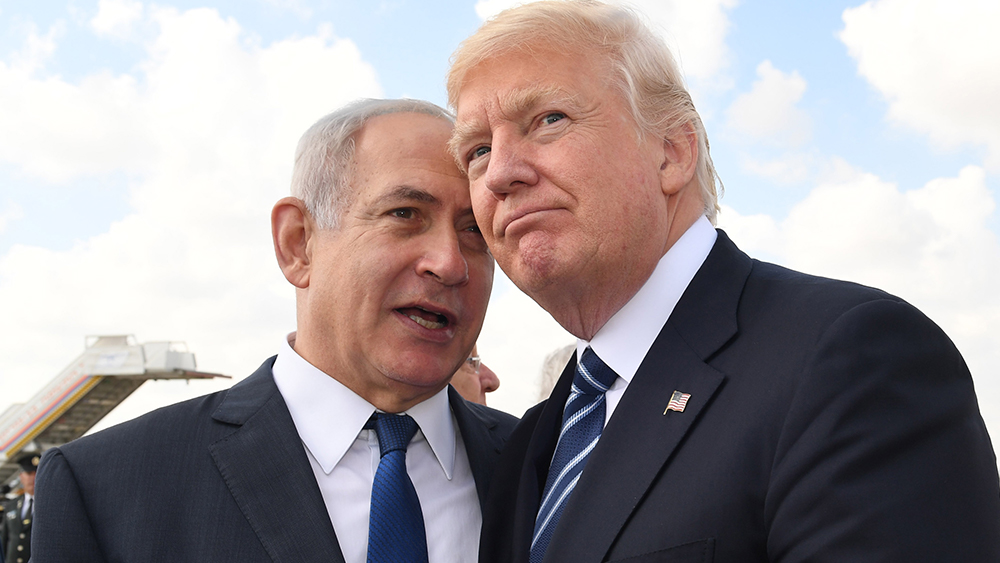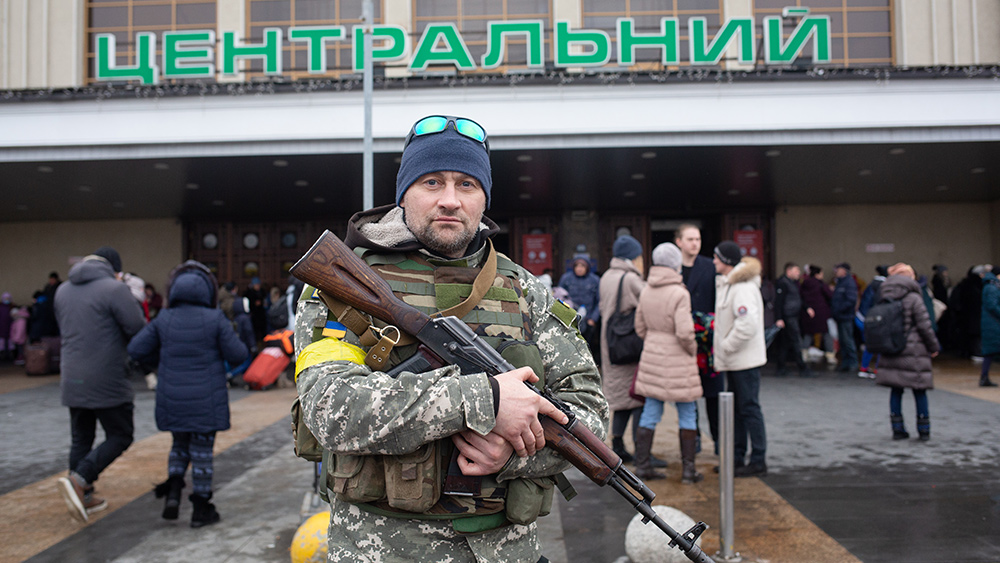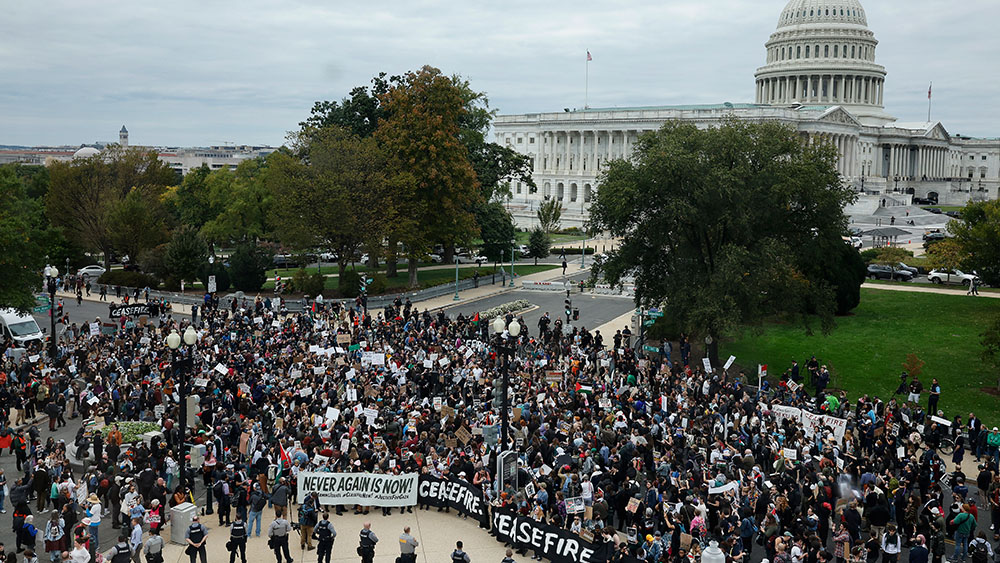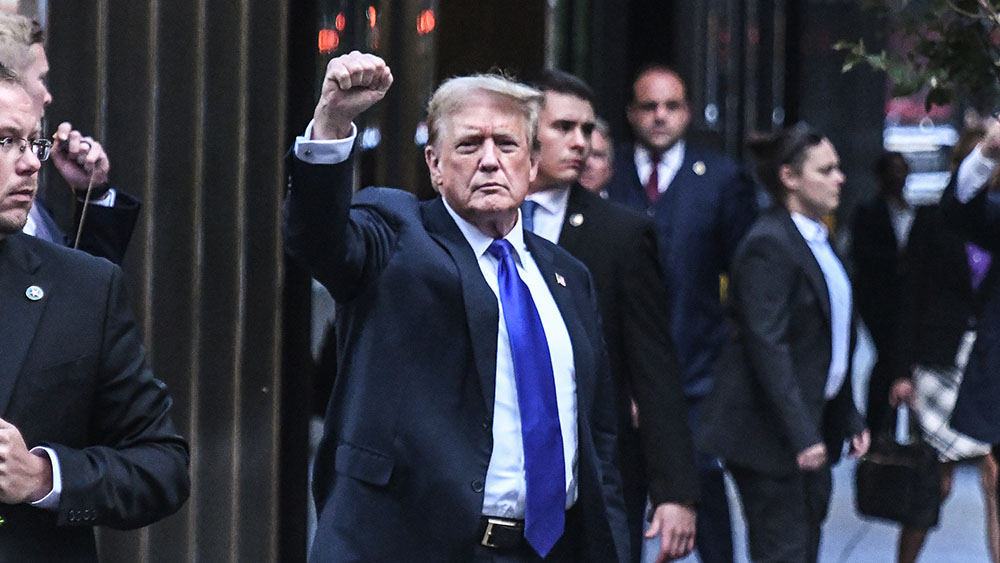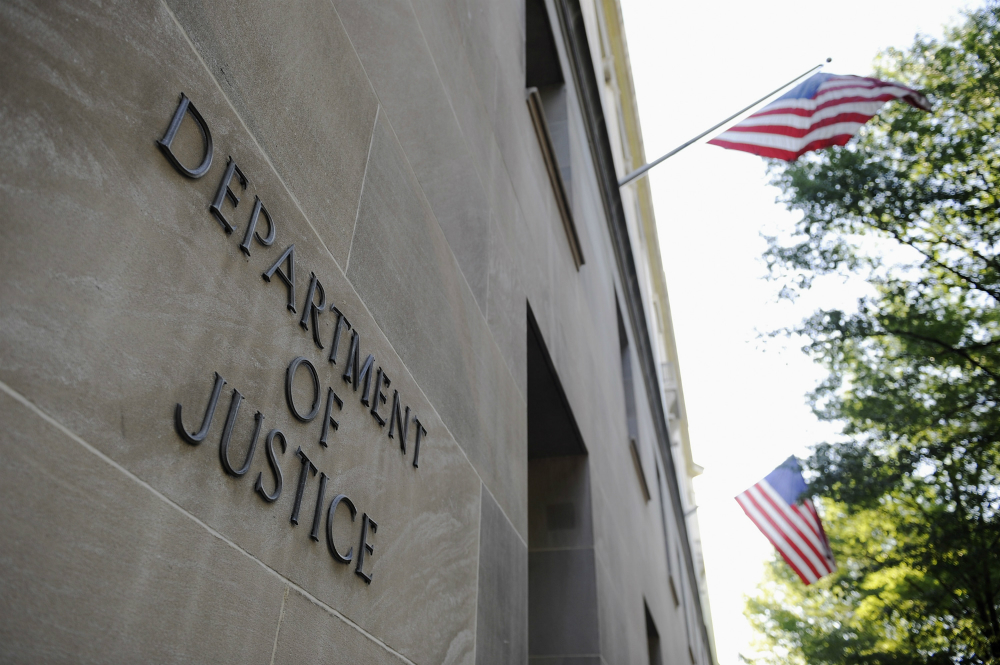Hamas’ RESILIENCE in Gaza complicates path to lasting peace after ceasefire
01/26/2025 / By Kevin Hughes

- Despite Israel’s efforts to dismantle Hamas during the 15-month war, the group has quickly regained authority, overseeing rubble clearance, securing aid convoys and restoring basic services, signaling its enduring influence.
- The Jan. 19 ceasefire has provided a brief respite for Gaza’s population, but Hamas’ entrenched presence complicates postwar governance plans, with Israel opposing its role and the Palestinian Authority lacking support.
- Since the truce, Hamas has deployed police and gunmen to patrol neighborhoods, secure aid and prevent looting, while 18,000 employees work daily to repair infrastructure and restore essential services.
- Israeli Prime Minister Benjamin Netanyahu has no clear plan for Gaza’s future, rejecting Hamas’ role and distrusting the Palestinian Authority, while alternative governance proposals such as empowering local leaders have failed to gain traction.
- The ceasefire agreement includes phased Israeli withdrawal and hostage releases, but divisions in Israel and Hamas’ resilience complicate long-term stability. Reconstruction efforts, requiring billions of dollars, hinge on unresolved governance questions – leaving Gaza’s future uncertain.
In the aftermath of a 15-month war that has left Gaza in ruins, Hamas has reasserted its control over the enclave, complicating efforts to establish a lasting peace. Despite Israel’s vow to dismantle the militant group, Hamas officials are overseeing rubble clearance, guarding aid convoys and restoring basic services, signaling their enduring grip on power.
The ceasefire, which took effect on Jan. 19, has brought temporary relief to Gaza’s war-weary population, but the group’s entrenched presence poses a significant challenge to any postwar governance plan. With Israel insisting that Hamas cannot remain in power and the Palestinian Authority lacking popular support, the path to stability remains fraught with uncertainty.
Since the ceasefire began, Hamas has moved swiftly to reestablish order in Gaza. Its police and gunmen, absent from the streets for months due to Israeli airstrikes, have returned to patrol neighborhoods and secure aid convoys.
“We want to prevent any kind of security vacuum,” said Ismail Al-Thawabta, director of the Hamas-run Gaza government media office. He noted that 700 police officers are protecting aid deliveries, with no reports of looting since the truce began. Hamas’ administration has also begun clearing rubble, repairing infrastructure and restoring water services, with 18,000 employees working daily to provide essential services.
Despite Israel’s targeted strikes on lower-ranking officials and the elimination of top leaders like Ismail Haniyeh and Yahya Sinwar, the group’s governance structure remains intact. “Currently, we have 18,000 employees working daily to provide services to citizens,” Al-Thawabta said.
Israel’s dilemma and the PA’s weakness
Israeli Prime Minister Benjamin Netanyahu has yet to articulate a clear vision for Gaza’s postwar future, beyond insisting that Hamas cannot play a role and expressing distrust in the Palestinian Authority (PA). Established under the Oslo Accords three decades ago,the PA administers parts of the occupied West Bank but has no presence in Gaza and little popular support.
Joost Hiltermann of the International Crisis Group noted that Israel faces a difficult choice: Continue fighting with no guarantee of success or allow the PA to take control with Hamas’ acquiescence.
“Israel has a choice, to continue fighting in the future and killing people – and that hasn’t worked in the past 15 months – or it can allow an arrangement where the PA takes control with Hamas’ acquiescence,” Hiltermann said.
While senior Hamas officials have expressed support for a unity government, PA President Mahmoud Abbas has not endorsed the idea. Meanwhile, Israel has floated alternative governance models, such as empowering local clan leaders or civil society figures, but none have gained traction.
The ceasefire deal and the road ahead
The ceasefire agreement, which mandates a phased Israeli withdrawal and the release of hostages, has divided opinion in Israel. While many celebrated the return of the first three hostages, others, including members of Netanyahu’s cabinet, favor resuming the war to remove Hamas from power. (Related: Israel’s ceasefire deal under threat as deadly strikes continue in Gaza.)
“There is no future of peace, stability and security for both sides if Hamas stays in power in the Gaza Strip,” Israeli Foreign Minister Gideon Saar said.
The deal’s second phase, expected to include a permanent ceasefire and complete Israeli withdrawal, hinges on negotiations set to begin 16 days after the truce. Reconstruction, estimated to cost billions of dollars and take years, would only commence in a final phase.
While the ceasefire offers a temporary reprieve, the absence of a viable postwar governance plan and the deep divisions between Hamas and the PA leave the future uncertain. As Gaza begins the arduous task of rebuilding, the question of who will govern the enclave – and how – remains unanswered, casting a long shadow over hopes for stability and peace.
Head over to Fallout.news for more stories like this.
Watch this clip featuring celebrations in the Gaza Strip following the ceasefire announcement.
This video is from the Cynthia’s Pursuit of Truth channel on Brighteon.com.
More related stories:
Israel’s deadly strikes continue despite ceasefire deal, raising doubts about lasting peace.
Israel approves ceasefire-hostage deal but violence continues.
Israel and Hamas resume ceasefire talks amid ongoing violence in Gaza.
Sources include:
Submit a correction >>
Tagged Under:
Benjamin Netanyahu, ceasefire, chaos, Collapse, dangerous, fallout, Gaza, Hamas, Holy War, Ismail Al-Thawabta, Ismail Haniyeh, Israel, Israel collapse, Israel-Palestine war, Mahmoud Abbas, Oslo Accords, Palestinian Authority, terrorism, violence, West Bank, Yahya Sinwar
This article may contain statements that reflect the opinion of the author
RECENT NEWS & ARTICLES
COPYRIGHT © 2017 REVOLT NEWS






